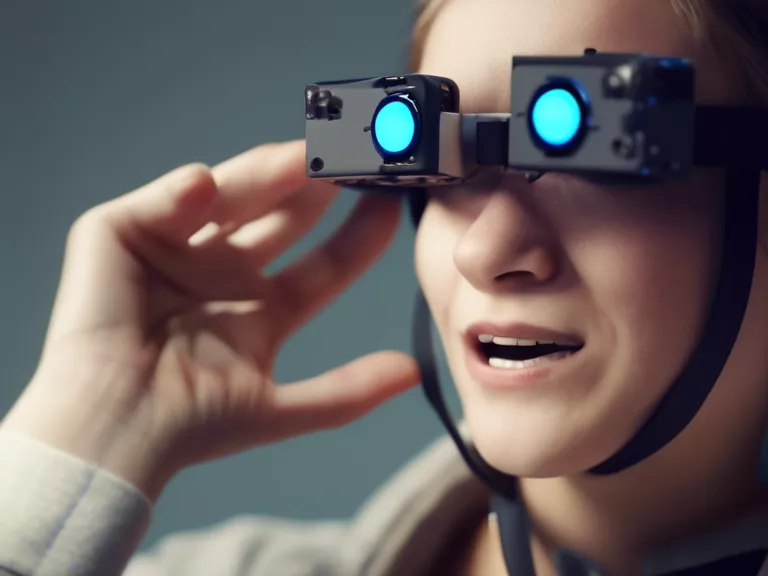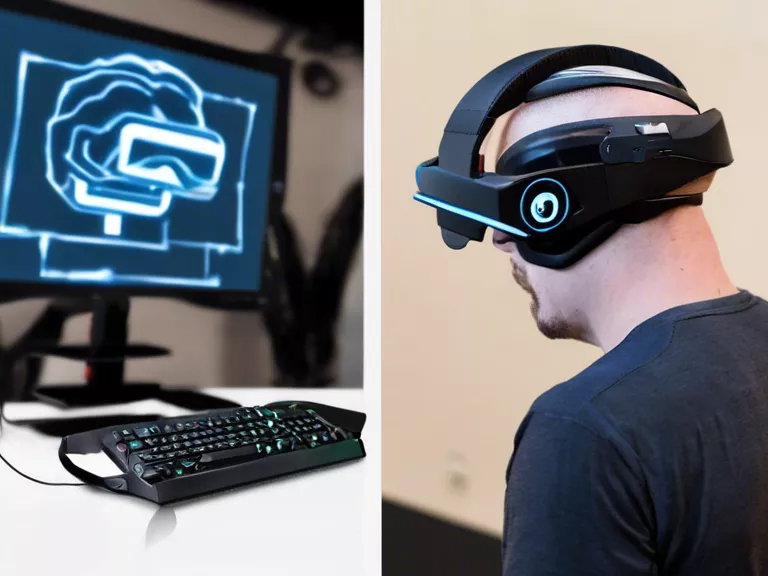
Wearable Emotion Sensors: How Gadgets Could Make Games Respond to Your Mood
In the world of gaming, immersion is key. Players want to feel like they are part of the game, experiencing the ups and downs, twists and turns, and emotional rollercoasters that come with it. But what if the game could also react to your emotions in real-time? Enter wearable emotion sensors, a technology that has the potential to revolutionize the way we play games.
These sensors, often worn on the body like a wristband or headband, can measure various physiological signals such as heart rate, skin conductance, and even brain activity. By analyzing these signals, the sensors can determine how the player is feeling at any given moment - whether they are excited, stressed, bored, or even scared.
With this data, game developers can create experiences that respond to the player's emotions. For example, in a horror game, the intensity of the scares could be adjusted based on the player's fear level. Or in a racing game, the difficulty could be ramped up if the player is feeling confident and in the zone.
But wearable emotion sensors could go beyond just enhancing gameplay. They could also be used to improve the overall gaming experience by providing valuable feedback to both the player and the game itself. For instance, if a player is getting frustrated or anxious, the game could offer suggestions for how to calm down or take a break. Or if a player is feeling bored, the game could introduce new challenges to re-engage them.
Of course, there are concerns about privacy and data security when it comes to using wearable emotion sensors in games. Players may be hesitant to share their emotions with game developers, especially if they feel their data could be used against them. However, with proper safeguards in place, such as anonymizing data and obtaining consent from players, these concerns can be mitigated.
Overall, the potential for wearable emotion sensors in gaming is vast. By allowing games to respond to our moods and emotions, we could see a new level of immersion and personalization in our gaming experiences. And who knows - maybe one day we'll have games that can truly understand us on an emotional level.
No Website Lists.



